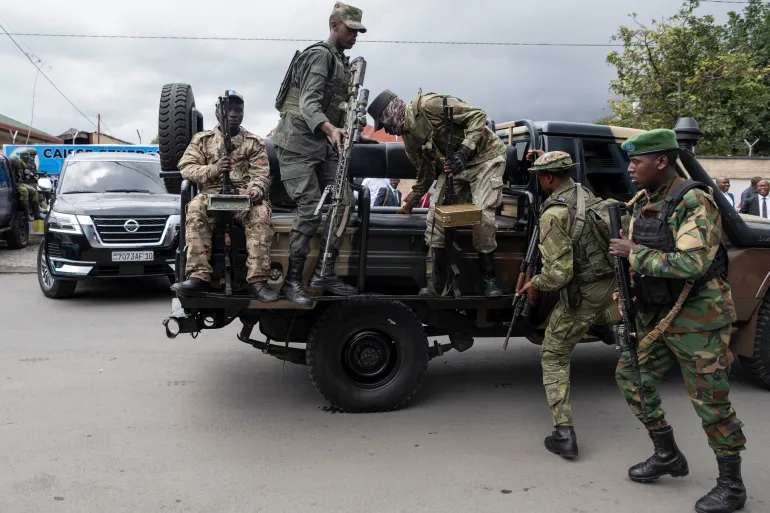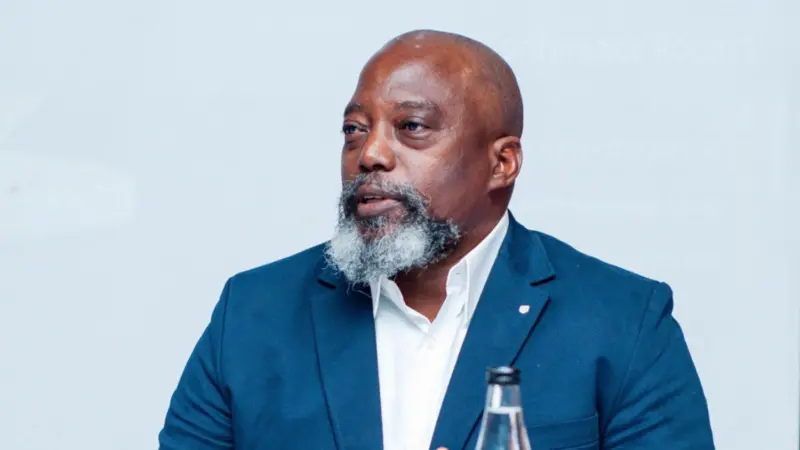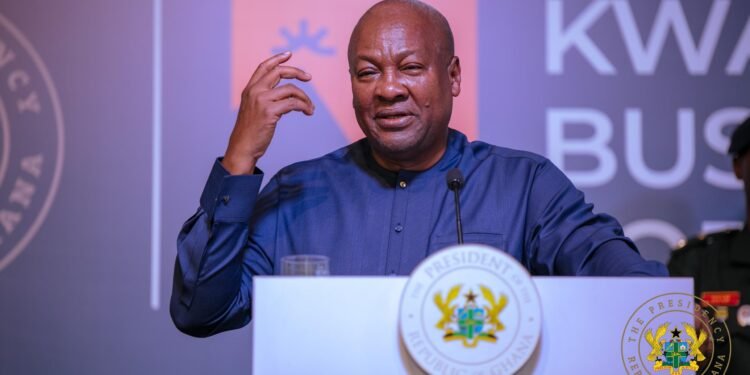The Democratic Republic of Congo’s political landscape has been shaken following a dramatic decision by the nation’s Senate to strip former President Joseph Kabila of his immunity.
This landmark move opens the path for the ex-leader to face prosecution over serious allegations linking him to rebel activities in the country’s troubled eastern region.
In a decisive vote, 90 senators backed the move to prosecute Kabila on treason and war crimes charges, while only five opposed. The allegations against the 53-year-old former leader are weighty. Authorities claim there is a “substantial body of documents, testimony, and material facts” that tie him to the M23 rebel group. This militia has seized control of several mineral-rich towns in the east.
Senate Speaker Jean-Michel Sama Lukonde announced the outcome of the vote, declaring, “The senate authorises the prosecution and lifting of Joseph Kabila’s immunity.”
The former president, who ruled from 2001 to 2019, did not appear before the Senate to offer a defense. Upon stepping down from the presidency, Kabila was awarded the title “senator for life,” a position that traditionally comes with immunity from prosecution.
Kabila, who has been residing in South Africa for the past two years, announced early last month that he planned to return to help resolve the conflict in eastern Congo. Soon after, reports surfaced suggesting that he had returned and was spotted in Goma, one of the cities under M23 control. His political party, the People’s Party for Reconstruction and Democracy (PPRD), quickly denied these claims.

Last month, the government banned the PPRD, citing the party’s “ambiguous attitude” towards the M23 occupation as justification. Shortly after, Justice Minister Rose Mutamba ordered the seizure of Kabila’s assets and urged the former leader to come back to the country to “face justice… and present his defence.”
The charges against Kabila and the Senate’s decision have stirred a political hornet’s nest. Analysts fear that putting the former president on trial could lead to greater instability in a nation already battling the M23 rebellion since 2012. Kabila’s supporters have dismissed the move as politically motivated. The PPRD labeled the prosecution as “pure theatre” and accused the government of trying to distract citizens from the country’s real challenges.
Congo Faces Many Challenges
The Democratic Republic of Congo’s issues extend far beyond the political showdown. The country is grappling with a severe humanitarian crisis — 62% of the population lives on less than $2.15 a day, and 27 million people urgently require humanitarian assistance due to ongoing conflict, food shortages, disease outbreaks, and environmental disasters.
Healthcare services are under relentless strain. The DRC now records the world’s highest number of Mpox cases, while also contending with recurring Ebola and cholera outbreaks. The failing health system leaves millions vulnerable and exacerbates the humanitarian emergency.
Economically, the country faces a storm of macroeconomic volatility, including inflation, a depreciating currency, and commodity price shocks. These challenges hinder the government’s ability to implement sound economic policies and intensify the ongoing social crisis.
Adding to the burden is the dire state of infrastructure. Years of conflict have left roads, railways, and energy systems in disrepair, with about half of the existing assets needing urgent rehabilitation. Experts estimate that the DRC requires $5.3 billion annually in infrastructure investment to meet growing demand and keep pace with development goals.
Environmental degradation presents another looming danger. Deforestation, illegal mining, water pollution, and poaching are devastating the country’s rich biodiversity. Protected national parks have even been listed as World Heritage Sites in Danger, with displaced communities contributing to environmental harm through deforestation and soil erosion.
Meanwhile, political repression and ongoing human rights violations continue to cast a shadow over governance. Dissent is stifled, freedoms are curtailed, and the rule of law is often undermined. In such a fragile context, the trial of a former president, while potentially necessary, risks igniting deeper turmoil in a nation already at a tipping point.
READ ALSO: Ghana Charts Bold Path Toward Sustainable Health Financing



















